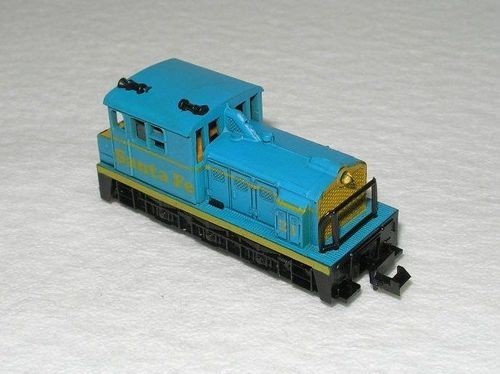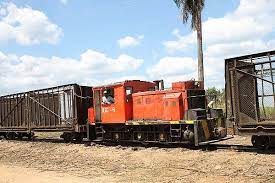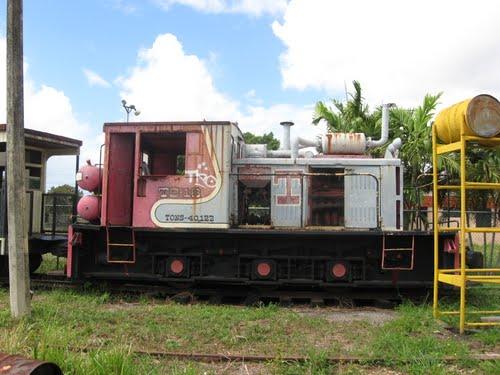Alternative to Costly RR Shunting Fees: The Plymouth WDT Industrial Switcher
Published: 2016-10-24 - By: gdm
Last updated on: 2022-02-07
Last updated on: 2022-02-07
visibility: Public

Each time a railroad provides yard, terminal, transfer and other switching duties for freight cars, the owner of the freight car is charged a fee for this service. The typical floor price for such a move / service is $200. For an industrial complex with an active rail yard that must shunt 100s of cars every day, this price structure can quickly result in exorbitant fees. To avoid these expenses, it’s more cost effective for freight car owners to own switchers rather than rely on a railroad for switching / shunting services. Thanks to Plymouth Locomotive Works, this was possible.

Another huge issue with using a railroad for shunting is that if the connecting common-carrier is providing switching services, that railroad also determines if the track is suitable for safe operation - usually with a road unit, and can refuse to provide service if it falls below their minimums or has other issues. However, when a private industrial property switches with their own equipment (including a tractor), the owner gets to determine their own level of comfort with track conditions.

Founded in 1910 and based in Plymouth, Ohio, Plymouth Locomotive Works specialized in building small switcher locomotives for industrial use. It manufactured the WDT 6-wheel diesel switcher. With 6 wheels, the WDT could move small numbers of very heavy freight cars and provide freight car owners with a low-maintenance, high-power industrial yard switcher.
Mehano (at the request of Atlas) produced an N Scale model of this train in the late 1960's: Mehano Plymouth WDTs
Unhappy with the quality of the Mehano models, Atlas switched to Roco in 1972 and produced these models: Roco Plymouth WDTs

Another huge issue with using a railroad for shunting is that if the connecting common-carrier is providing switching services, that railroad also determines if the track is suitable for safe operation - usually with a road unit, and can refuse to provide service if it falls below their minimums or has other issues. However, when a private industrial property switches with their own equipment (including a tractor), the owner gets to determine their own level of comfort with track conditions.

Founded in 1910 and based in Plymouth, Ohio, Plymouth Locomotive Works specialized in building small switcher locomotives for industrial use. It manufactured the WDT 6-wheel diesel switcher. With 6 wheels, the WDT could move small numbers of very heavy freight cars and provide freight car owners with a low-maintenance, high-power industrial yard switcher.
Mehano (at the request of Atlas) produced an N Scale model of this train in the late 1960's: Mehano Plymouth WDTs
Unhappy with the quality of the Mehano models, Atlas switched to Roco in 1972 and produced these models: Roco Plymouth WDTs

